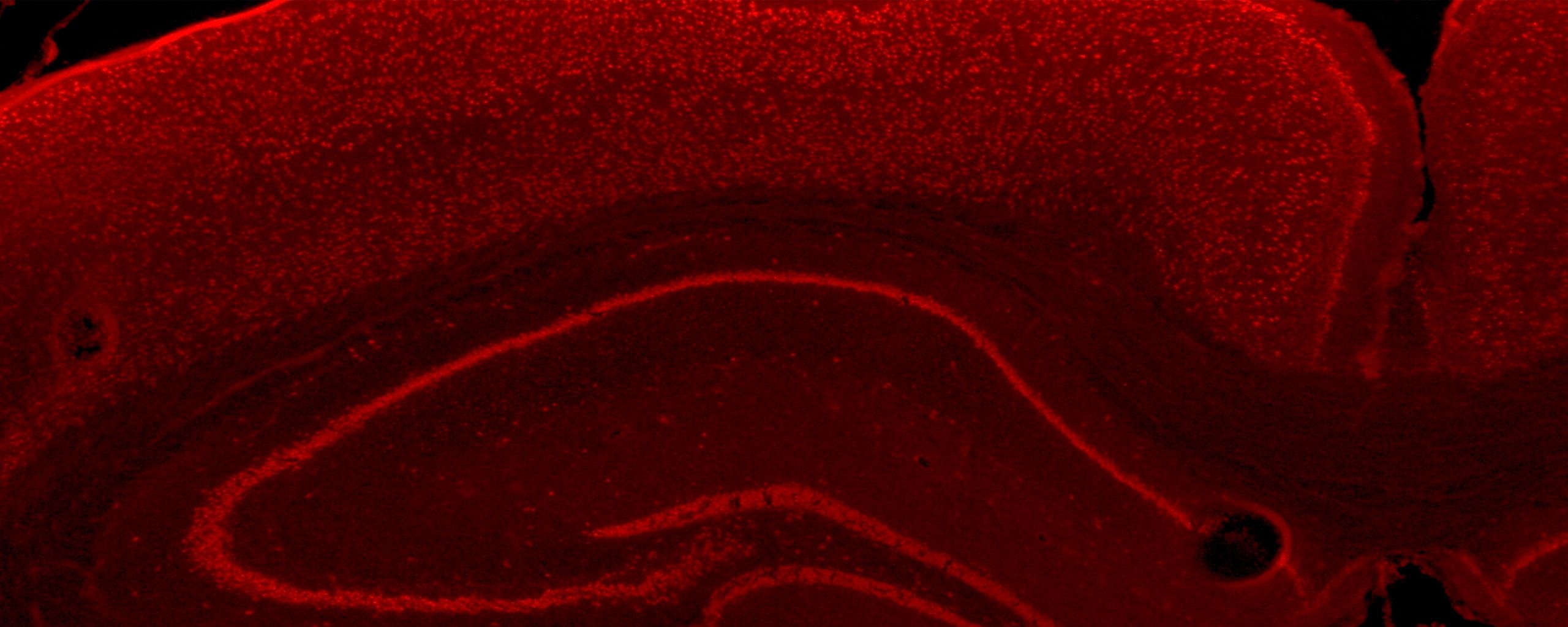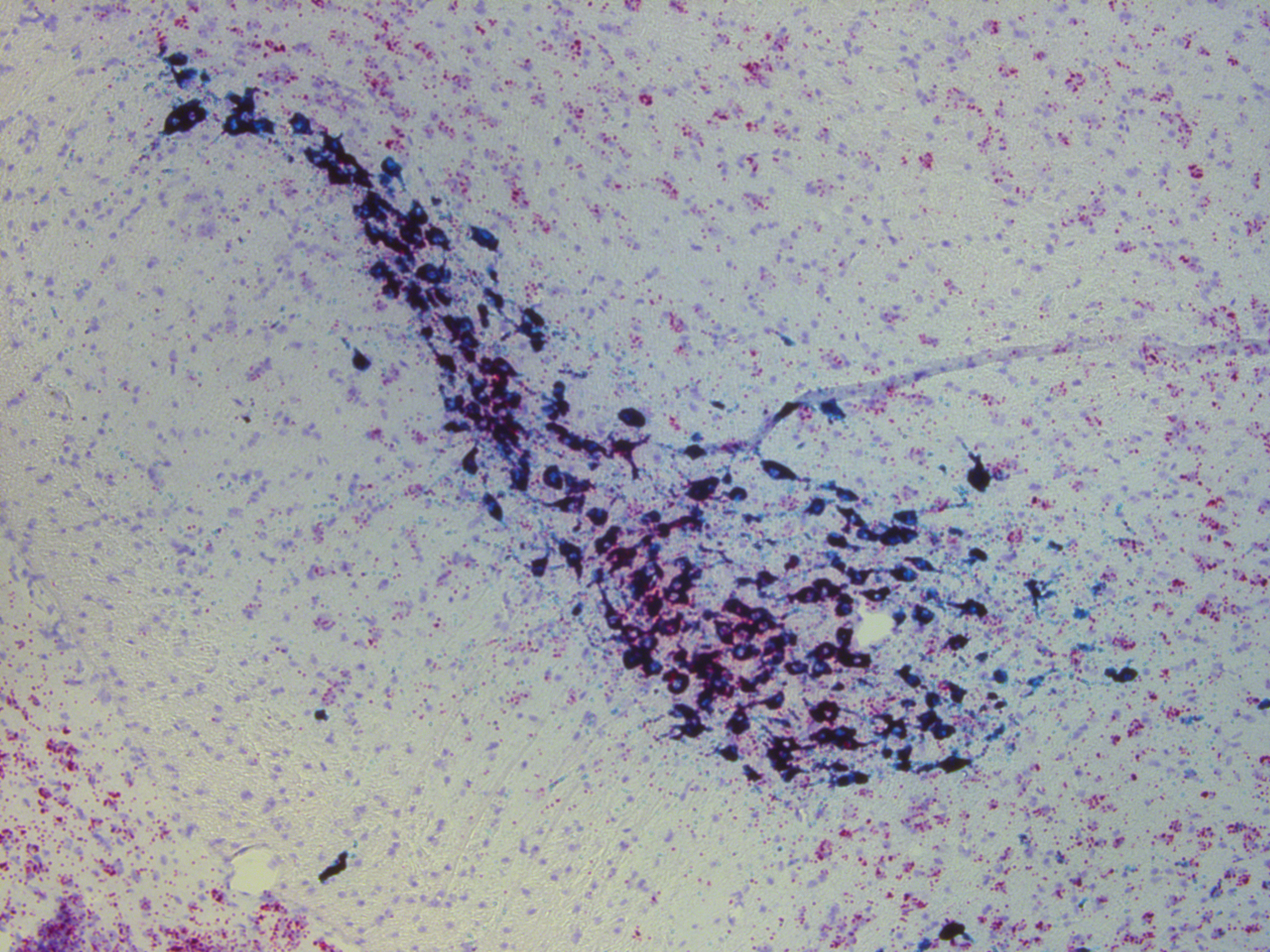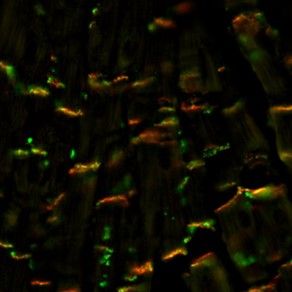
Research
Ion channels regulate cellular electrical activity and, as a whole, form the second largest class of drug targets. Genetic variation or mutations in ion channel genes underlie disorders in almost every organ in the body. The Pitt lab focuses on understanding how ion channels function in physiology, and how channel dysfunction leads to disease. Because the same channels or similar channels are conserved across different organs, understanding how a mutation affects a channel in one organ can inform about diseases associated with mutations in the same channel or its homolog in another organ. For example, mutations in heart-expressed voltage-gated sodium channels that lead to cardiac arrythmias have provided insight into how mutations in homologous voltage-gated sodium channels expressed in the brain cause seizures. With this approach, the Pitt lab has broad interests that include neurological and neuropsychiatric diseases, metabolic disorders, and cardiac arrhythmias. An area of special interest has been to explore undefined roles for ion channels and or their modulators, such as in cells not previously thought to require major regulation by voltage-gated channels, to discover new physiology and uncover novel disease mechanisms. We have applied approaches from the atomic level through the molecular and cellular levels to study of mouse models and patients.
Figure 1

Figure 2

Figure 3:

Current Projects:
- Cardiac arrhythmias
- Heart valve disorders
- Seizure disorders
- Ataxia
- Cocaine addiction
- Autism spectrum disorders
Bio
Dr. Pitt received MD and PhD degrees from Johns Hopkins University, where he worked in the lab of National Academy of Sciences member Peter Devreotes on the biochemistry and signaling of adenylyl cyclase. He received clinical training in internal medicine and cardiology at Stanford University Hospital, during which he worked in the lab of National Academy Sciences member Richard Tsien on the structure and function of voltage-gated calcium channels. He arrived at Weill Cornell to launch the Cardiovascular Research Institute from Duke Medicine, where he was the Director of the Ion Channel Research Unit and the Mandel Cardiovascular Center.
Distinctions:
- Irma T. Hirschl Monique Weill-Caulier Trust Research Career Award
- Harold and Golden Lamport Award for Excellence in Basic Science Research
- Inaugural Lewis Katz Cardiovascular Research Prize for a Young Investigator
- Established Investigator of the American Heart Association
- American Society of Clinical Investigators, elected member
- American Association of Physicians, elected member
- Harrington Discovery Institute Scholar-Innovator Award
